Dhaka, Mar 28 (V7N) - The tapestry of Islamic history is woven with threads of profound significance, moments that have not only shaped the religious landscape but have also resonated through the corridors of time, influencing political thought, social movements, and individual spiritual journeys. Among these pivotal events, the martyrdom of Imam Hussein ibn Ali (RA) at the Battle of Karbala in 680 CE stands as a towering landmark, particularly for Shia Muslims worldwide. This tragic yet transformative episode in the early years of Islam transcends a mere historical account; it embodies the very essence of justice, resistance against tyranny, and the ultimate sacrifice for unwavering principles. Imam Hussein’s courageous stand against the oppressive rule of the Umayyad Caliph Yazid I has become an enduring symbol of moral rectitude, inspiring generations with its powerful message of standing up for truth even in the face of overwhelming adversity. The echoes of Karbala continue to reverberate through the centuries, deeply impacting Shia Muslim identity, molding their religious practices, guiding their political aspirations, and profoundly shaping their spiritual beliefs. The memory of this sacrifice is not confined to the annals of history but remains a vibrant and potent force in the lives of millions, a testament to the enduring power of faith and the unwavering commitment to justice.
The seeds of the Karbala tragedy were sown in the political climate that followed the death of Mu’awiya (RA), the founder of the Umayyad dynasty. In 680 CE, his son, Yazid I, ascended to the caliphate, a move that marked a significant shift towards a more autocratic and arguably hereditary rule, a departure from the earlier traditions of consultation and consensus within the Muslim community. For Imam Hussein, the grandson of Prophet Muhammad (SAW) and a figure of immense spiritual and moral authority, pledging allegiance to Yazid was an untenable proposition. He viewed Yazid’s rule as illegitimate, a blatant disregard for the fundamental principles of Islam, which emphasized justice, equality, and the rule of law. Hussein’s refusal was not merely a political act; it was a principled stand against what he perceived as a grave deviation from the righteous path laid down by his grandfather. His conscience would not allow him to endorse a leadership he believed to be unjust and detrimental to the well-being of the Muslim ummah. This refusal to conform to the prevailing political order set in motion a chain of events that would culminate in the tragic events at Karbala.
As news of Imam Hussein’s defiance spread, particularly to the city of Kufa in present-day Iraq, a wave of support began to coalesce around him. The people of Kufa, many of whom held deep affection and reverence for the family of the Prophet, sent numerous letters and messengers to Hussein, imploring him to come to Kufa and lead them in a revolt against the Umayyad rule. They saw in Hussein a beacon of hope, a leader who could restore justice and righteousness to the Muslim community. These fervent appeals resonated with Imam Hussein’s own sense of responsibility and his desire to uphold the true values of Islam. Believing that he had a duty to respond to this call for help and that he could indeed make a positive change, Hussein embarked on a journey towards Kufa in the company of his family, including women and children, and a small band of loyal supporters. This journey was undertaken with a profound sense of purpose and a willingness to face whatever challenges lay ahead in the pursuit of justice.
However, the political landscape shifted dramatically as Imam Hussein and his caravan approached Kufa. Yazid, having learned of the growing support for Hussein in the city, dispatched his forces to intercept him. The governor of Kufa, acting under Yazid’s orders, brutally suppressed the nascent uprising, and the promised support from the Kufans dwindled. As Hussein and his companions reached the plains of Karbala, they found themselves surrounded by a formidable Umayyad army, estimated to be around 30,000 strong. This overwhelming force vastly outnumbered Hussein’s small contingent, which comprised approximately 72 individuals, including his family members. Despite the stark reality of the situation, Imam Hussein remained resolute in his principles. He was given an ultimatum: pledge allegiance to Yazid or face the consequences. Hussein steadfastly refused, choosing to uphold his values even in the face of certain death.
The Umayyad forces, under the command of figures like Umar ibn Sa'ad, tightened their siege around Hussein and his companions, denying them access to water for several agonizing days under the scorching desert sun. This act of cruelty was intended to break their spirit and force their submission. Yet, the thirst and hardship only seemed to strengthen the resolve of Hussein and his followers. On the 10th of Muharram, a day that would forever be etched in the annals of Islamic history and come to be known as Ashura, the inevitable battle commenced. Despite being severely outnumbered and weakened by thirst, Imam Hussein and his small band of companions fought with extraordinary valor and courage. They defended themselves against wave after wave of the Umayyad army, displaying unwavering faith and a profound commitment to their leader and their cause.
The battle raged throughout the day, and one by one, Hussein’s companions fell as martyrs, their sacrifices a testament to their unwavering loyalty. Among those who displayed exceptional bravery were Hussein’s half-brother, Abbas ibn Ali, renowned for his strength and loyalty, and his own sons. As the day drew to a close, Imam Hussein was left almost alone on the battlefield. Despite the immense suffering and the loss of his loved ones and companions, he remained steadfast in his defiance of tyranny. He was eventually struck by multiple blows, succumbing to his wounds and attaining martyrdom. In a final act of brutality, his head was severed and sent to Yazid in Damascus. Only one of Hussein’s sons, Ali Zayn al-Abidin, who was ill at the time, survived the massacre but was taken captive along with the women and children of Hussein’s family.
The martyrdom of Imam Hussein and his companions at Karbala had profound and far-reaching political and religious ramifications. On a political level, while the immediate uprising in Kufa was suppressed, the sheer injustice and brutality of the events at Karbala galvanized resistance against the Umayyad dynasty in the long run. The memory of Hussein’s sacrifice became a potent rallying cry for those who opposed the oppressive rule of the Umayyads and subsequent tyrannical regimes. For Shia Muslims in particular, the martyrdom of Imam Hussein holds unparalleled significance. They view him not just as a historical figure but as the embodiment of moral and spiritual resistance, a symbol of unwavering commitment to truth and justice, even unto death. His death is not seen as a defeat but as a triumphant sacrifice for the preservation of Islamic values and the defense of the oppressed.
The tragedy of Karbala laid a crucial foundation for the development of key aspects of Shia theology. It solidified the concept of martyrdom as a noble and powerful act in the face of injustice and played a significant role in shaping the doctrine of the Imamate, which posits the belief in the divinely guided leadership of the descendants of Ali ibn Abi Talib (RA). Imam Hussein’s sacrifice is seen as the ultimate testament to the righteousness of this lineage and their divinely ordained role as the true leaders of the Muslim community. The day of Ashura, the 10th of Muharram, became an annual day of profound mourning, remembrance, and reflection for Shia Muslims across the globe. On this day, they commemorate the tragic events of Karbala through various rituals, including majalis (gatherings for mourning), where the events of Karbala are recounted and sermons are delivered, matam (ritualistic chest beating) as an expression of grief, and processions through the streets, often featuring symbolic representations of the battle. These observances serve not only to remember the sacrifices made but also to renew their commitment to the values that Imam Hussein stood for: justice, resistance against tyranny, and unwavering commitment to the truth.
The continuing legacy of Karbala extends far beyond religious rituals and historical remembrance. Imam Hussein’s stand against tyranny resonates deeply in the hearts of people across different faiths and cultural backgrounds, especially in times of political oppression, injustice, and social inequality. His martyrdom is seen as an eternal call for social justice, moral integrity, and standing up for the oppressed, regardless of the personal cost. Over the centuries, the story of Karbala has inspired numerous revolutions, uprisings, and movements for freedom and human rights, both within the Muslim world and beyond. The martyrdom of Imam Hussein has transcended its specific historical and religious context to become a universal symbol for anyone struggling against oppression and fighting for their rights and dignity.
Shia Muslims worldwide observe Ashura with intense devotion and elaborate rituals. The majalis serve as a space for collective mourning, reflection on the events of Karbala, and reaffirmation of their faith and values. The matam is a physical expression of grief and solidarity with the suffering of Imam Hussein and his family. The processions, often involving self-flagellation and the carrying of symbolic representations of the martyrs, serve as a public declaration of their remembrance and their commitment to Hussein’s cause. The ziyarah, or pilgrimage, to the shrine of Imam Hussein in Karbala, Iraq, is considered one of the holiest journeys for Shia Muslims. Millions of pilgrims from around the world converge on Karbala during Ashura to pay their respects and to connect with the spiritual significance of the site of Hussein’s martyrdom.
While Ashura is primarily a Shia observance, some Sunni Muslims also commemorate the day, albeit in different ways. For many Sunni Muslims, the 10th of Muharram is a day of fasting, following the tradition of Prophet Muhammad (SAW). Some Sunni Muslims also acknowledge the suffering of Imam Hussein and draw moral lessons from his stand for justice. In some parts of the Muslim world, the day is marked by prayers and acts of charity. This shared remembrance, even in its varied forms, highlights the universal appeal of Imam Hussein’s sacrifice and the recognition of his importance as a revered figure in Islamic history.
The legacy of Imam Hussein has continued to inspire political movements and revolutions throughout Islamic history. The message of Karbala, with its emphasis on resisting injustice and sacrificing for one’s beliefs, has been invoked by countless leaders and movements seeking to challenge oppressive regimes. From the Safavid dynasty in Persia to modern political movements like the Islamic Revolution of 1979 in Iran, the figure of Imam Hussein has served as a powerful symbol of resistance and a source of legitimacy for those seeking to overthrow tyranny and establish just rule. Many leaders have drawn parallels between their own struggles and the sacrifice of Imam Hussein, using his example to galvanize their followers and inspire them to persevere in the face of adversity.
The martyrdom of Imam Hussein is not merely a historical event for Shia Muslims; it is a central tenet of their faith and a defining aspect of their identity. It provides a powerful and unifying force for Shia communities worldwide, connecting them through a shared history of suffering and a common commitment to the values that Hussein embodied. The memory of Karbala serves as a constant reminder of the importance of standing up for what is right, regardless of the odds or the potential for personal sacrifice. It instills a deep sense of moral responsibility and encourages Shia Muslims to actively work towards the establishment of justice and the alleviation of oppression in the world.
In conclusion, the martyrdom of Imam Hussein at Karbala stands as a pivotal event that has profoundly shaped the course of Islamic history, particularly within Shia Islam. His courageous stand against tyranny, his unwavering commitment to truth, and his ultimate sacrifice continue to serve as a powerful message of resistance against oppression and the pursuit of justice for all. The lasting legacy of Karbala resonates deeply in both religious and political contexts, emphasizing its continued relevance in modern struggles for justice, human rights, and the establishment of a more just and equitable world. The memory of Imam Hussein’s sacrifice remains a beacon of hope and inspiration for those who strive to uphold the values of truth, justice, and righteousness in the face of adversity.
END/RH/



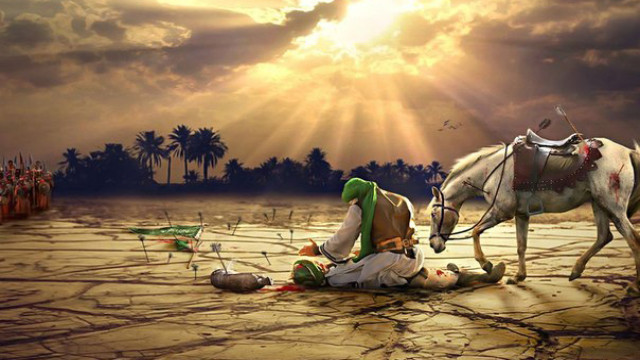










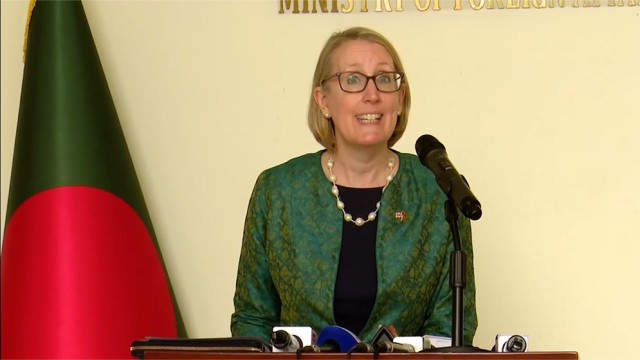
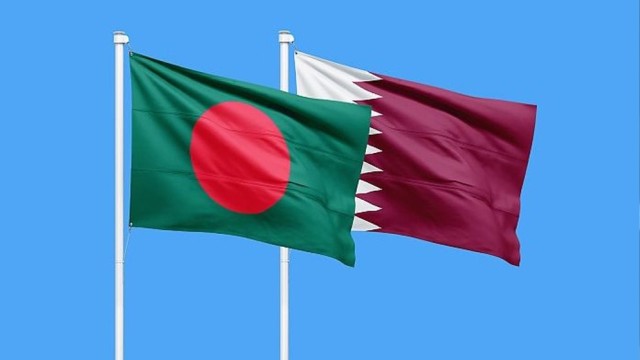
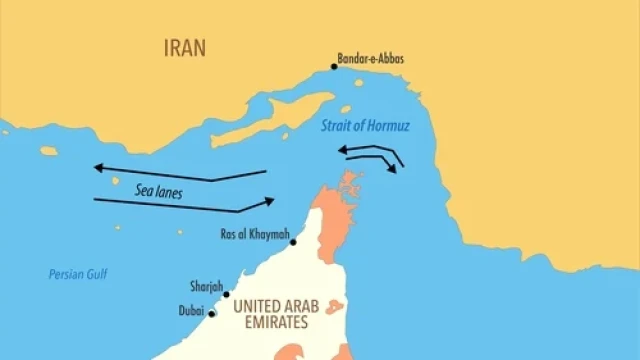
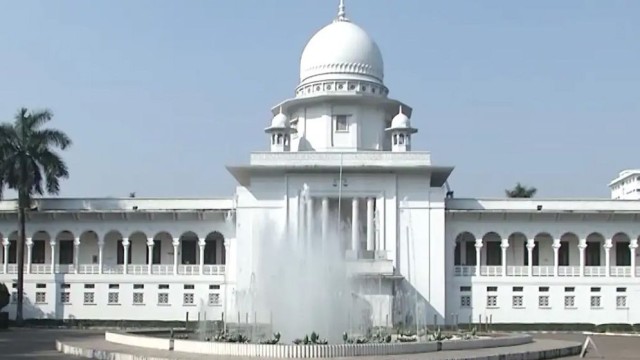













Comment: